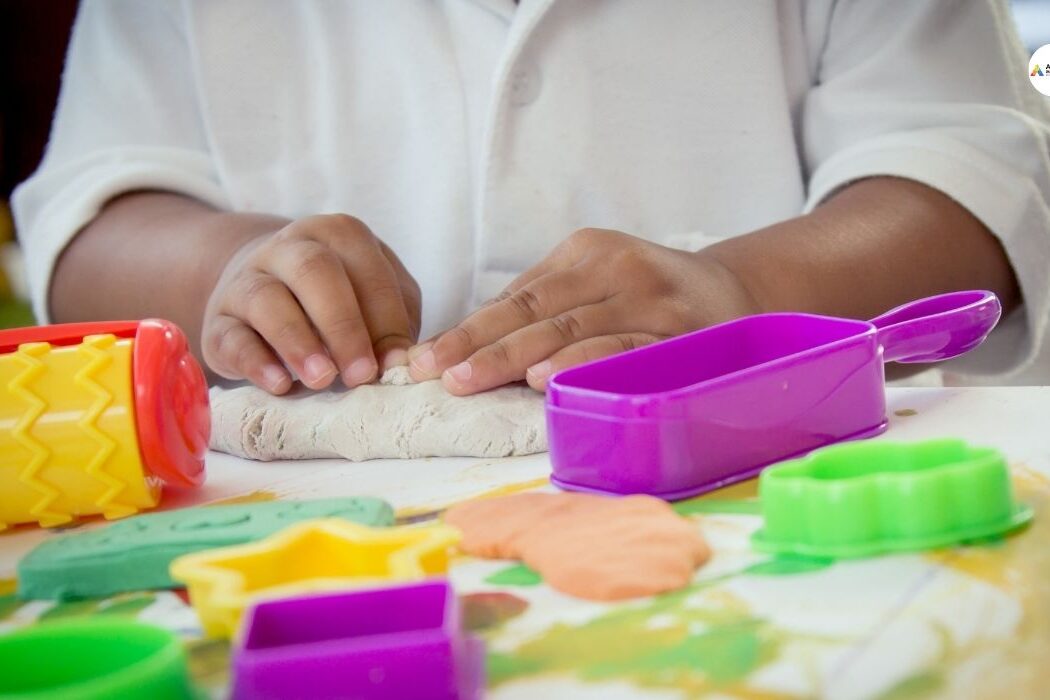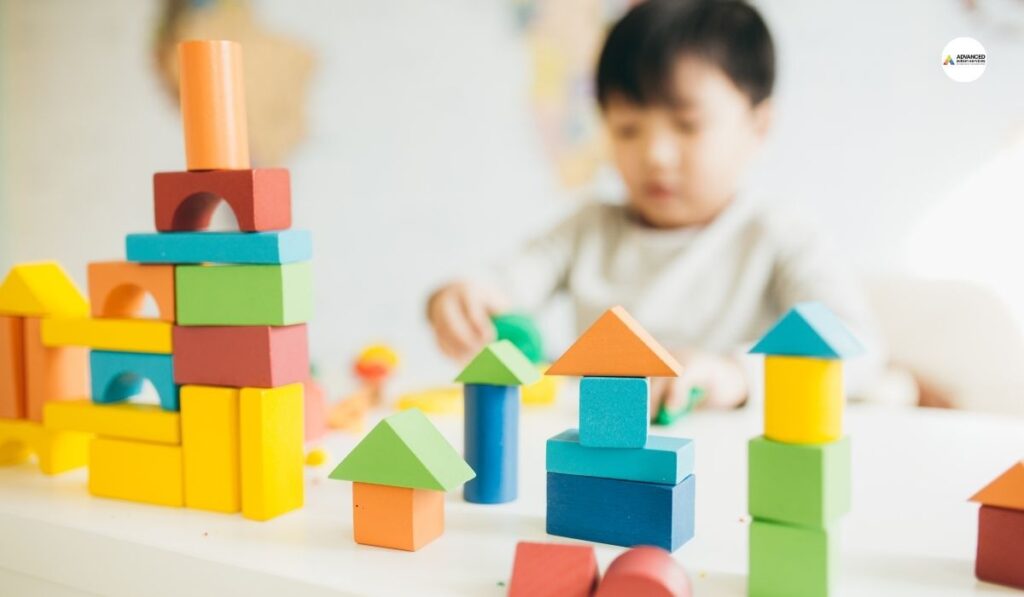- autism community events,
- autism inclusion tips,
- autism support resources.,
- autism-friendly activities,
- educational activities autism,
- inclusive activities autism,
- inclusive play for autism,
- inclusive programs for children with autism,
- recreational activities autism,
- social activities for autistic children
Children with autism spectrum disorder (ASD) possess unique talents, interests, and personalities that shape their experiences and interactions with the world around them. As caregivers, educators, and advocates, it’s imperative to foster an inclusive environment that celebrates neurodiversity and provides opportunities for children with autism to thrive. One key aspect of this inclusivity is offering activities tailored to their specific needs and preferences. In this comprehensive guide, we’ll explore a variety of inclusive activities designed to engage and support children with autism, promoting their social, emotional, and cognitive development. Additionally, seeking guidance from an Autism Therapy Service Center can provide valuable insights and resources for implementing these activities effectively.
Understanding Autism Spectrum Disorder
Before delving into specific activities, it’s essential to have a basic understanding of autism spectrum disorder. ASD is a developmental disorder characterized by challenges in social communication and interaction, as well as restricted, repetitive patterns of behavior, interests, or activities. Children with autism may also demonstrate special needs, experiencing heightened or diminished responses to stimuli such as sound, light, touch, or taste. Each individual with autism is unique, with a diverse range of strengths and challenges that shape their experiences.
Autism-Friendly Play: Engaging the Senses
Autism Exploration Stations
Create Autism exploration stations that offer a variety of tactile experiences, such as bins filled with rice, beans, or sand. Allow children to explore different textures using their hands or various tools. Incorporate items with varying levels of input, from soft fabrics to rough textures, catering to individual preferences.
Play Dough
Engage children in playdough activities by providing homemade or store-bought Dough in vibrant colors and appealing scents. Please encourage them to manipulate the Dough, roll it, shape it, and explore its texture. Add elements like glitter, essential oils, or textured materials to enhance the experience.
Social Skills Development: Building Connections
Peer Buddies Program
Implement a peer buddies program where neurotypical children are paired with peers with autism to engage in structured activities together. This program promotes social interaction, empathy, and understanding among children of all abilities. Activities can include cooperative games, art projects, or simple conversation starters.
Social Storytelling Sessions
Utilize social storytelling sessions to help children with autism navigate social situations and understand appropriate social cues. Create personalized stories with visual supports that address common scenarios, such as sharing, taking turns, or asking for help. Use role-playing and interactive activities to reinforce learning and practice social skills in a supportive environment. Additionally, integrating techniques from ABA therapy for autism Mesa can enhance the effectiveness of these social storytelling sessions, providing tailored support to meet the individual needs of each child.
Physical Activity and Gross Motor Skills
Adaptive Sports Programs
Explore adaptive sports programs specifically designed for children with autism. These programs offer modified rules, equipment, and support to accommodate diverse abilities. Activities such as swimming, basketball, or martial arts provide opportunities for physical fitness, coordination, and socialization in a supportive setting.
Autism-Friendly Yoga
Introduce autism-friendly yoga sessions tailored to the needs of children with autism. Incorporate gentle movements, calming breathing exercises, and integration techniques. Use visual supports, such as picture cards or social stories, to guide children through the yoga poses and relaxation techniques.
Creative Expression: Unleashing Imagination
Art Therapy Workshops
Facilitate art therapy workshops where children can express themselves creatively through various art mediums, such as painting, drawing, or sculpting. Provide autism-friendly materials and adapt the environment to accommodate individual preferences. Art therapy encourages self-expression, emotional processing, and relaxation.
Music and Movement Classes
Offer music and movement classes that cater to the needs and interests of children with autism. Use rhythmic activities, interactive songs, and musical instruments to engage children in creative expression and exploration. Incorporate movement games and dance routines to promote gross motor skills and social interaction.
Embracing Diversity and Inclusion in Every Activity
As we strive to create inclusive environments for children with autism, it’s essential to embed the principles of diversity and inclusion in every aspect of our activities. This not only benefits children with autism but also promotes understanding, empathy, and acceptance among all participants. Let’s explore additional strategies for ensuring inclusivity in various settings:
Flexible Activity Structures
Adopt flexible activity structures that accommodate the diverse needs and preferences of all children, including those with autism. Allow for individualized modifications, such as providing visual schedules, offering breaks, or adjusting the pace and complexity of activities based on each child’s abilities.
Culturally Responsive Practices
Recognize and celebrate the cultural backgrounds and identities of children with autism, incorporating culturally responsive practices into activities and programming. Consider how cultural traditions, values, and communication styles may influence the participation and engagement of children from diverse backgrounds.
Collaboration and Partnerships
Collaborate with community organizations, schools, and local agencies to expand access to inclusive activities and resources for children with autism. Build partnerships that leverage expertise, resources, and support networks to create enriching experiences for children and families.
Ongoing Professional Development
Invest in ongoing professional development for caregivers, educators, and activity leaders to enhance their knowledge and skills in supporting children with autism. Provide training on topics such as processing, communication strategies, behavior management, and inclusive practices to ensure that staff are well-equipped to meet the diverse needs of participants.
Family Engagement and Support
Involve families as partners in the planning, implementation, and evaluation of inclusive activities for children with autism. Solicit feedback, listen to concerns, and collaborate with parents and caregivers to create meaningful experiences that align with each child’s goals and preferences.
Accessible Environments
Ensure that activity environments are physically accessible and Autism-friendly, removing barriers and obstacles that may hinder participation for children with autism. Consider factors such as lighting, noise levels, seating arrangements, and signage to create welcoming and inclusive spaces for all participants.
Peer Support Networks
Foster peer support networks and social connections among children with autism and their neurotypical peers, promoting positive interactions, friendships, and mutual understanding. Encourage inclusive attitudes and behaviors that value diversity and embrace differences among children of all abilities.
Conclusion
In conclusion, creating inclusive activities for children with autism is not only a moral imperative but also a fundamental aspect of promoting equity, diversity, and belonging in our communities. By embracing diversity, fostering inclusion, and leveraging the unique strengths and talents of every individual, we can create enriching experiences that empower children with autism to thrive and succeed. Let’s commit to ongoing collaboration, innovation, and advocacy to ensure that all children, regardless of ability, have equal opportunities to participate, learn, and grow.
Is your child ready to reach their full potential? Advanced Autism Services is committed to empowering children with autism through personalized, In-home ABA Therapy. Let’s begin this transformative journey side by side. Contact us today to give your child the support they deserve and witness their growth! Take the first step with Advanced Autism and unlock your child’s potential.
FAQs
What is an autism spectrum disorder (ASD), and why is it important to understand it?
Autism spectrum disorder (ASD) is a developmental disorder characterized by challenges in social communication and interaction, as well as restricted, repetitive patterns of behavior, interests, or activities. It’s crucial to understand ASD to provide inclusive environments that cater to the diverse needs and preferences of children with autism.
How can Autism-friendly play benefit children with autism?
Autism-friendly play provides children with autism with opportunities to engage their senses in a supportive environment. It helps them regulate input, explore different textures, and develop processing skills, contributing to their overall integration and well-being.
What are some examples of Autism-friendly play activities?
Examples include exploration stations with tactile experiences like rice or sand bins, play dough activities with vibrant colors and scents, and integration techniques like gentle movements and calming breathing exercises in yoga sessions.
How can social skills development activities support children with autism?
Social skills development activities, such as peer buddy programs and social storytelling sessions, help children with autism build connections, understand social cues, and navigate social situations effectively. These activities promote social interaction, empathy, and inclusion among children of all abilities.
What are some examples of adaptive sports programs for children with autism?
Adaptive sports programs offer modified rules, equipment, and support to accommodate diverse abilities. Examples include swimming, basketball, martial arts, and other activities that promote physical fitness, coordination, and socialization in a supportive setting.
How can art therapy workshops benefit children with autism?
Art therapy workshops provide children with autism opportunities for creative expression, emotional processing, and relaxation. Through various art mediums and Autism-friendly materials, children can express themselves and explore their emotions in a supportive and inclusive environment.
How can caregivers, educators, and activity leaders promote diversity and inclusion in activities for children with autism?
They can promote diversity and inclusion by adopting flexible activity structures, incorporating culturally responsive practices, collaborating with community organizations, investing in ongoing professional development, involving families as partners, ensuring accessible environments, and fostering peer support networks among children of all abilities.
How can families support the participation of their children with autism in inclusive activities?
Families can support participation by providing feedback, collaborating with caregivers and educators, advocating for their child’s needs, and actively engaging in the planning, implementation, and evaluation of inclusive activities. Additionally, they can seek out resources and support networks to enhance their understanding and support of their child’s experiences.
What are some strategies for making activity environments more accessible for children with autism?
Strategies for accessibility include considering factors such as lighting, noise levels, seating arrangements, and signage to create welcoming and inclusive spaces. Removing barriers and obstacles that may hinder participation and providing Autism-friendly accommodations can also contribute to an accessible environment.
How can peer support networks benefit children with autism and their neurotypical peers?
Peer support networks foster positive interactions, friendships, and mutual understanding among children with autism and their neurotypical peers. By encouraging inclusive attitudes and behaviors that value diversity and embrace differences, these networks promote a sense of belonging and acceptance among all participants.




